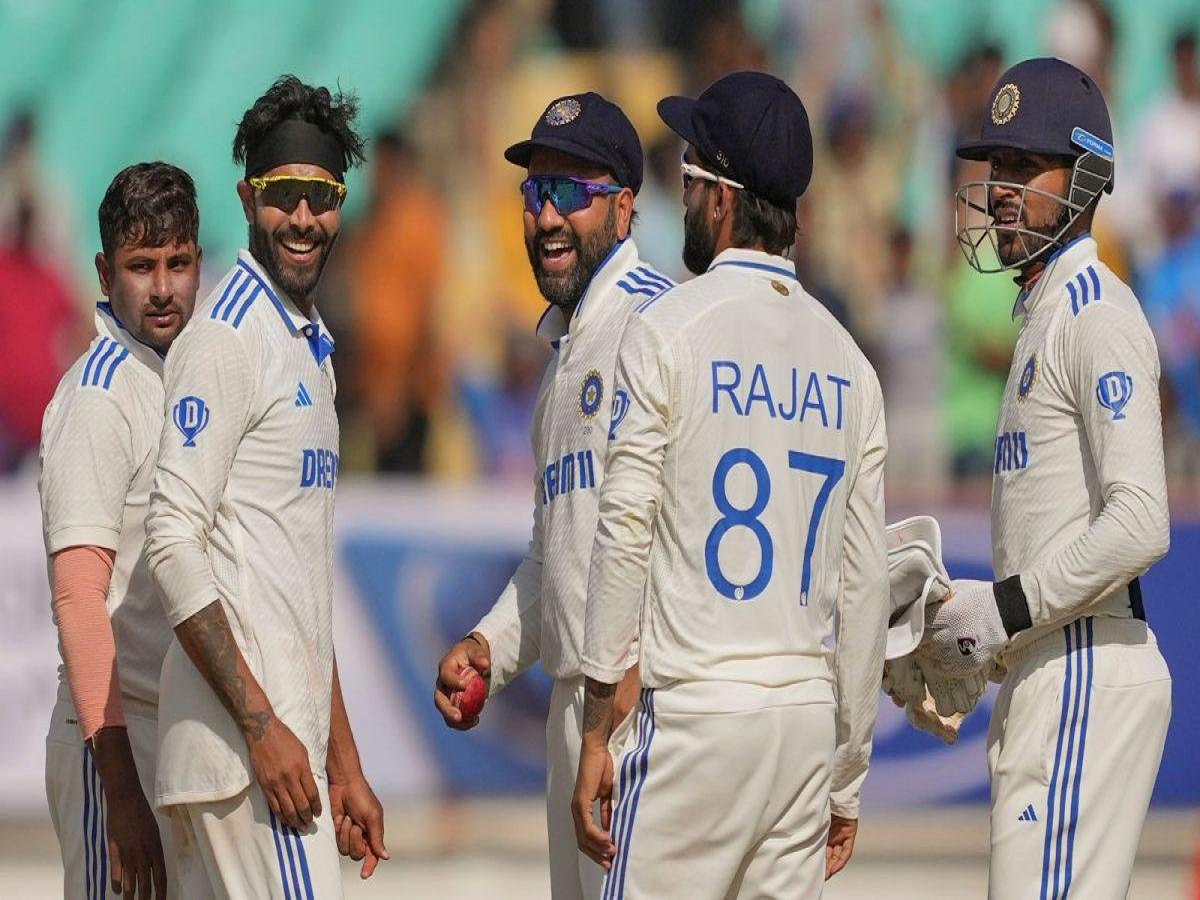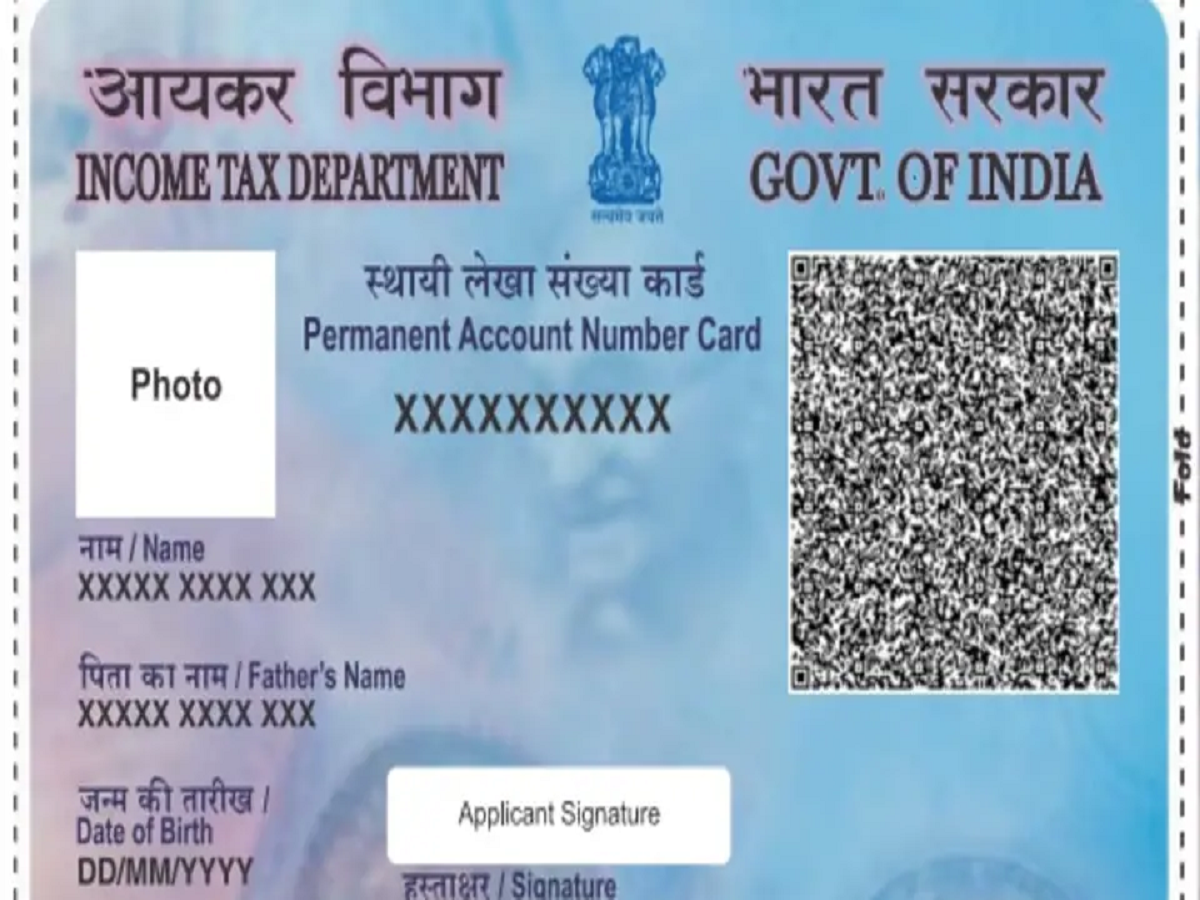These 5 people are most likely to get heart attacks, know what to do if you get a heart attack?
- bySudha Saxena
- 06 May, 2025

Nowadays, heart attack can happen at any age. Especially 5 types of people are most at risk. If precautions are not taken in time, it can prove fatal. Let's know how.
Nowadays we often hear that someone suddenly got a heart attack, whether he is young or old. Earlier, heart disease was considered to be limited to old people, but now it can happen to anyone. The biggest reason for this is our changing lifestyle, stress and wrong eating habits. But according to doctors, there are some people who are most at risk of heart attack? And the good thing is that if we become careful in time, then this danger can be avoided to a great extent. Let's know how.
people with high blood pressure
People who have high blood pressure have more pressure on their heart, so the blood carrying vessels gradually become weak. This weakness can cause blockage in the vessels. When there is a blockage, blood does not reach the heart properly, which increases the risk of heart attack.
---Advertisement---
Patients with diabetes
Diabetic patients have higher than normal levels of sugar in their blood. When sugar levels remain high for a long time, it can cause inflammation and damage to the blood vessels. The inner lining of the veins gets damaged and blood flow becomes intermittent. This does not provide enough oxygen to the heart and increases the risk of heart attack.
smokers and drug addicts
Cigarettes, bidis, gutkha, alcohol and other intoxicants cause a lot of damage to the veins of the body. These things shrink the blood vessels, that is, they reduce their width, so the flow of blood slows down. Due to which the risk of heart diseases, especially heart attack, increases.
---Advertisement---
obese overweight people
When a person is overweight, his heart works harder to supply blood to the body. The excess fat accumulated in the body gets deposited near the blood vessels. This slows down the flow of blood or it may stop. In such a situation, the pressure on the heart increases and heart-related diseases can occur quickly. Therefore, the risk of heart attack in obese people is higher than in people of normal weight.
those who don't exercise
Those who do not exercise or do any physical work daily, their body muscles and nerves become weak. When the body remains lethargic, the blood flow also slows down. Due to lack of exercise, cholesterol increases and blood pressure can also become uncontrolled, which increases the risk of heart attack.
Symptoms of heart attack, do not ignore them
Chest pain
When there is a problem in the heart, the most common symptom is chest pain. This pain often occurs in the center of the chest and feels like heaviness or burning. Some people feel as if something is pressing on the chest. This pain may subside with rest, but if it persists, it can be a sign of a major heart problem.
Breathlessness
If you feel breathless after climbing a few stairs or walking a little, this can also be a symptom of heart weakness. When the heart is unable to send blood to the body properly, the lungs are also unable to function properly, which causes difficulty in breathing. This symptom often increases gradually.
Fast or irregular heartbeat
If the heartbeat suddenly becomes faster or it seems that the heartbeat is stopping intermittently, then this can also be a matter of concern. Sometimes the heartbeat does not go on properly, due to which one may feel restless, nervous or tired. This is called 'arrhythmia' in medical language.
Swelling in the legs
When the heart becomes weak and is unable to pump blood in the body, water starts accumulating in the lower parts of the body. This causes swelling in the feet and ankles. This swelling increases gradually and sometimes a pit is formed when pressed.
Feeling dizzy or faint
If someone feels dizzy frequently or suddenly faints, this can also be a sign of heart disease. The reason for this may be that the heart is not able to supply the right amount of blood to the brain. This condition can be very serious and a doctor should be consulted immediately.
Which tests should be done?
ECG (Electrocardiogram)
ECG is a test that shows the speed and rhythm of the heartbeat. In this, some electrodes are placed on the body, which are connected to a machine. This machine records how fast and how the heart is beating. If the heartbeat is irregular or there is any weakness in the heart, then this test helps to detect it.
Echo (Echocardiography)
It can also be called heart ultrasound. In the Echo test, it is seen how the heart looks from inside, what is its structure, whether the valves are working properly or not and how forcefully the heart is pumping blood. This test is very helpful in understanding the pumping capacity of the heart.
TMT (Treadmill Test)
In TMT i.e. treadmill test, the patient is made to walk or run and ECG is done during that time. This shows how the heart works when the body is put to hard work. If there is a blockage in the veins of the heart, then the patient may have chest pain or breathing problems while doing TMT, which can tell how much strength the heart has.
Angiography
Angiography is a special test in which it is seen whether there is any blockage in the veins carrying blood to the heart or not. In this, a special dye is injected and then it is seen through X-ray how the blood flow is in the veins. If more than 70% blockage is found in any vein, then treatment is required such as medicines, stent insertion or bypass surgery.
What to do if you get a heart attack?
When someone has a heart attack, it is a major medical emergency. In such a situation, no time should be wasted. First of all, make the patient lie down comfortably and immediately take him to the nearest hospital where there is a heart doctor (cardiologist). After reaching the hospital, the doctor first checks whether there is a blockage in the heart vein due to a blood clot. If this happens, then the patient is given a special medicine, which is called thrombolytic medicine. This medicine dissolves the blood clot and helps in opening the vein. If the medicine does not have any effect, or the blockage is very severe, then the doctor immediately performs angioplasty. In this, the blockage is removed by inserting a thin tube in the vein and a stent is placed there, so that the blood can flow properly. If the blockage is very severe and more than one vein is blocked, then the doctor recommends bypass surgery.
Ways to avoid heart attack
Exercise regularly
A little walking, light jogging, yoga or light gym exercises every day strengthen the heart. Brisk walking is also very beneficial. Being active for 30 minutes every day is essential for heart health.
Keep your weight under control
If the body weight is more, then the heart has to work harder. So try to keep your weight normal. BMI (Body Mass Index) is a way to measure weight. Get it checked by a doctor and keep it within normal (18.5–24.9) level.
Stay away from smoking and alcohol
Cigarettes, bidis and alcohol damage the heart's veins. These are the biggest cause of heart attack. If you consume these things, then start quitting slowly.
Eat a balanced and healthy diet
Eating too much fried food, ghee, butter, salt and sweets has a bad effect on the heart. Try to eat more fruits, vegetables, pulses, oats and light food. Reduce outside fast food.
Reduce stress
Everyday stress also harms heart health. Meditation, listening to songs, spending time with family and making a good work plan can all reduce stress.
Keep getting your blood pressure and sugar checked
Sometimes BP (blood pressure) and sugar levels increase even without any symptoms. Therefore, get a checkup done once every 6 months. This can prevent heart disease in time.
PC:News24






